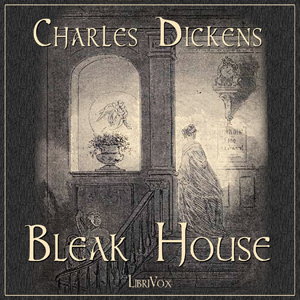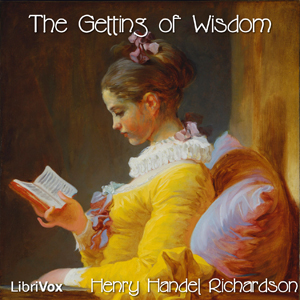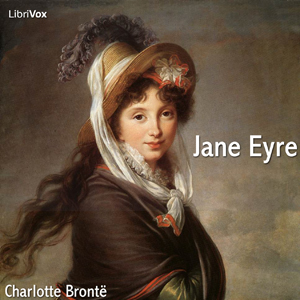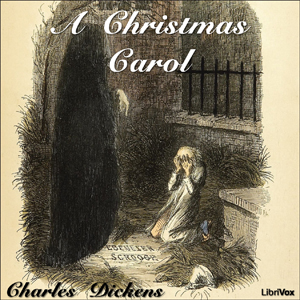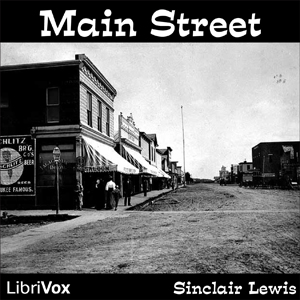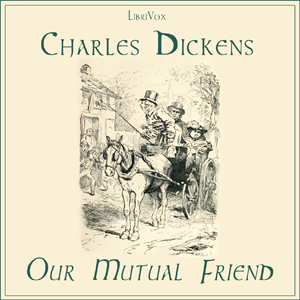- Chapter 1
- Chapter 2
- Chapter 3
- Chapter 4 Part 1
- Chapter 4 Part 2
- Chapter 5
- Chapter 6
- Chapter 7
- Chapter 8
- Chapter 9 Part 1
- Chapter 9 Part 2
- Chapter 10
- Chapter 11
- 12 Part 1
- Chapter 12 Part 2
- Chapter 13
- Chapter 14 Part 1
- Chapter 14 Part 2
- Chapter 15
- Chapter 16
- Chapter 17 Part 1
- Chapter 17 Part 2
- Chapter 18
- Chapter 19
- Chapter 20
- Chapter 21
- Chapter 22
- Chapter 23
- Chapter 24
- Chapter 25 Part 1
- Chapter 25 Part 2
- Chapter 26
- Chapter 27
The Voyage Out is the first novel by Virginia Woolf, published in 1915 by Duckworth; and published in the U.S. in 1920 by Doran. One of Woolf's wittiest social satires.
Rachel Vinrace embarks for South America on her father's ship and is launched on a course of self-discovery in a kind of modern mythical voyage. The mismatched jumble of passengers provide Woolf with an opportunity to satirize Edwardian life. The novel introduces Clarissa Dalloway, the central character of Woolf's later novel, Mrs. Dalloway.
E. M. Forster described it as "... a strange, tragic, inspired book whose scene is a South America not found on any map and reached by a boat which would not float on any sea, an America whose spiritual boundaries touch Xanadu and Atlantis... It is absolutely unafraid... Here at last is a book which attains unity as surely as Wuthering Heights, though by a different path." (Introduction from Wikipedia)
Rachel Vinrace embarks for South America on her father's ship and is launched on a course of self-discovery in a kind of modern mythical voyage. The mismatched jumble of passengers provide Woolf with an opportunity to satirize Edwardian life. The novel introduces Clarissa Dalloway, the central character of Woolf's later novel, Mrs. Dalloway.
E. M. Forster described it as "... a strange, tragic, inspired book whose scene is a South America not found on any map and reached by a boat which would not float on any sea, an America whose spiritual boundaries touch Xanadu and Atlantis... It is absolutely unafraid... Here at last is a book which attains unity as surely as Wuthering Heights, though by a different path." (Introduction from Wikipedia)
There are no reviews for this eBook.
There are no comments for this eBook.
You must log in to post a comment.
Log in


